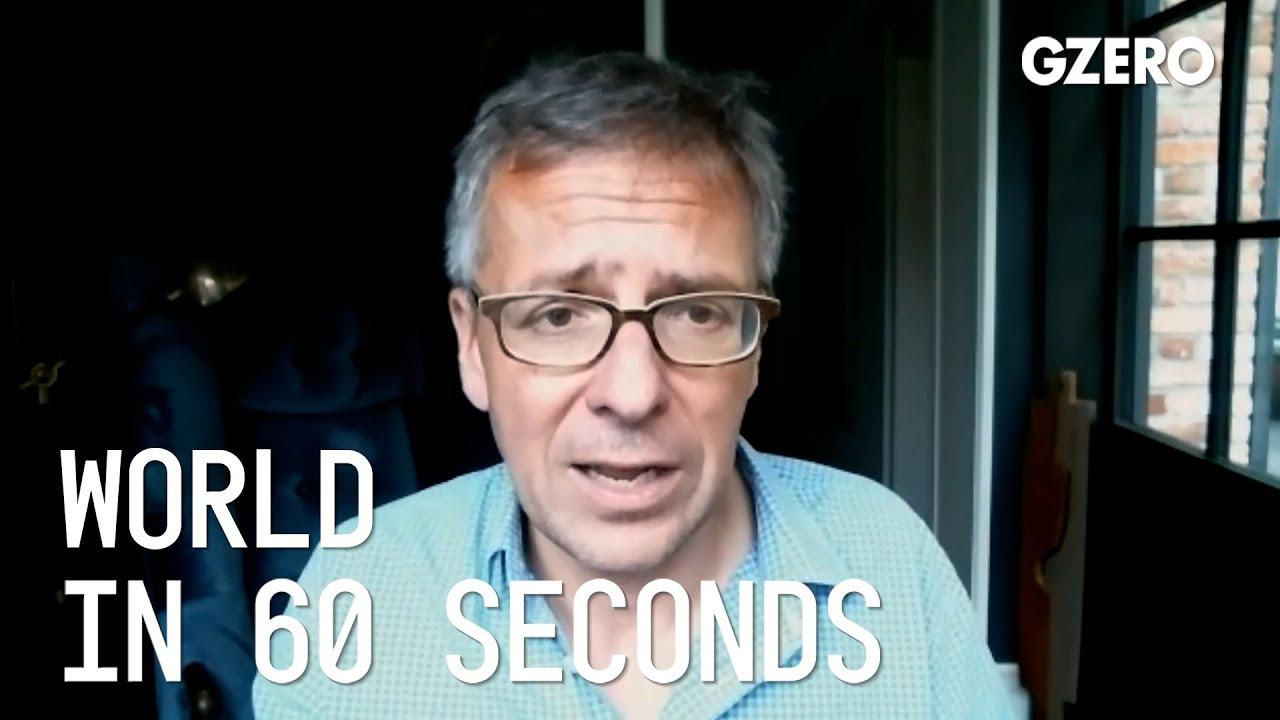
Ian Bremmer shares his perspective on global politics this week:
With Iran's hardline president-elect, is reviving the nuclear deal still possible?
It's not just possible, it's probably one of the safest geopolitical bets around the world today, because not only the Iranian president-elect, but also the supreme leader, who really runs the country, all in favor of going back to the deal as it was enforced under the Obama-Biden administration. They will make more money off of that. They're not going to expand it. They're going to be limited. They don't even want to expand the timeline, never mind include other issues like support for proxies in the region, terrorist organizations, ballistic missile development, all of that. But I'd be really surprised that by the end of the year, by the end of the third quarter, we don't see the Iranians back in the Iranian nuclear deal.
China's longest serving US ambassador is retiring, expected to be replaced by a "wolf warrior" diplomat. What signal is China sending?
Well, I mean, the signaling that it's not going to be any easier between the United States and China. The US administration now views China as their principal adversary. The rhetoric for both the Biden administration and Republicans has been getting sharper, and the Chinese intend to give back. They're more assertive themselves, more nationalistic, and there is more flag-waving going on. So I'm not all that surprised. The question will be, do they do this as well in ambassadorial appointments to US allies around the world? I mean, if we were to see that in Europe, for example, that would surprise me. But it does seem to be where the diplomacy is going. Having said that, the Chinese ambassador to Japan is all about engaging Japanese corporations, showing them that China can have a great relationship with the corporates, they should be investing more in China. I would think that it would be China's interest to do more of that outside the United States. But again, the diplomacy doesn't seem to be moving in that direction, so far.
Amid rising conflict in the Tigray region, will Nobel Peace Prize winner and current Prime Minister Abiy Ahmed win re-election Ethiopia?
Well, sure he will. But in part, that's because a lot of those that oppose him are not participating in this election. That's part of what happened in Tigray, where the elections were postponed, the federal elections, and they decided, breakaway region, heck, we're just going to have our own elections. And that ended up leading to a lot of fighting and massive human rights violations, ethnic cleansing as well on the part of the Ethiopian government. Some support from Eritrean army from across the border, even some of the majority, Oromo, not participating in these elections because they don't like the fact that Abiy Ahmed is moving away from an ethno-administrative federalist model towards sort of post-ethnic parties. And so they said, "well, what about what about us? You know, what about your own people?" So elections go forward, but do they lead to more stability in one of the most exciting growth economies in Africa? The answer probably right now is no.
- Amb. Cui Tiankai on China's economic recovery: “We are not yet to ... ›
- Why a renewed US-Iran nuclear deal is more likely than not ... ›
- Ethiopia at war with itself - GZERO Media ›
- This man will be Iran's next president. Who is he? - GZERO Media ›
- Who will change Iran? - GZERO Media ›
- Iran's presidential race: A choiceless choice - GZERO Media ›